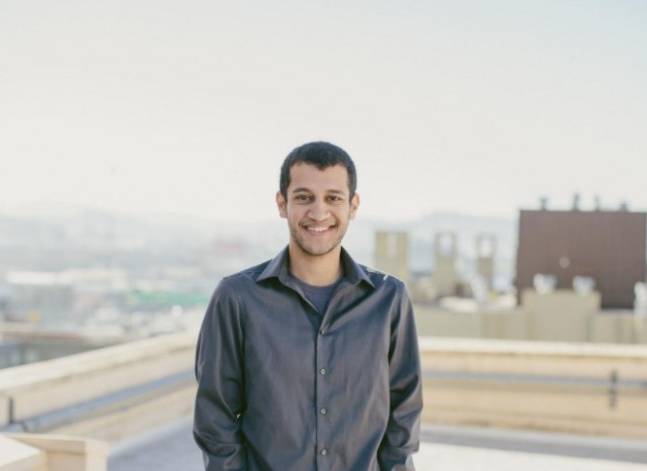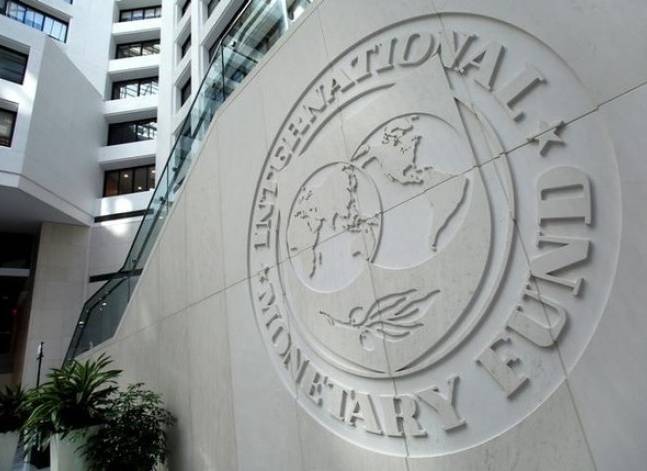Latest NEWS
- Aswat Masriya, the last word
- Roundup of Egypt's press headlines on March 15, 2017
- Roundup of Egypt's press headlines on March 14, 2017
- Former Egyptian President Hosni Mubarak to be released: lawyer
- Roundup of Egypt's press headlines on March 13, 2017
- Egypt's capital set to grow by half a million in 2017
- Egypt's wheat reserves to double with start of harvest -supply min
- Roundup of Egypt's press headlines on March 12, 2017
Egypt's entrepreneurs
International Cooperation Minister Sahar Nasr signs agreements with the EU on Oct. 11, 2016 - Ministry photo
Egypt’s core asset and main engine of growth is its youth. Its total population of more than 92 million is characterized by a demographic youth bulge, with a young median age of 23.8 years, compared to 37.9 in United States and 46.8 in Germany.
Tapping on these underutilized resources is critical for unleashing Egypt’s vast potential. Attaining high economic growth and creating jobs through efficient utilization of Egypt’s young human capital requires the transition from an efficiency-driven economy towards a more innovation one.
This ambitious aim is based on strong fundamentals that currently exist in Egypt, which necessitate the political will that advances the right economic reforms, and creates a conducive environment with more efficient labor and financial markets, and more conducive frameworks — key ingredients that Egypt currently is heading toward.
Tech-savvy entrepreneurs and their startups focus on growth potential and consider innovation as the main driver of their ventures. On the other hand, large and long-existing corporations generally focus on profitability and long-term stability, with innovation playing a less important role.
Egypt does not only seek to attract foreign innovation-driven ventures to capture its high potential market, but it is also very keen on supporting local entrepreneurs to unleash their potential in the domestic and international markets.
Based on numerous studies, an ideal entrepreneurial ecosystem fostering the growth of entrepreneurial and innovative ventures has five main pillars: access to funding, entrepreneurial culture, educational systems supporting the entrepreneurial mindset, accommodating regulatory and tax regimes, and a coordinated approach linking the public, private and voluntary sectors.
In terms of access to funding for Egyptian startups, various venture capital funds, incubators and accelerators are already operating, and new ones are currently being established — a major step forward.
Startups also acquire funding through core investors from the Egyptian public and private sectors, as well as international financial institutions, including but not limited to, the World Bank, the International Finance Corporation, the European Bank for Reconstruction and Development, as well as the Egyptian American Enterprise Fund — major development partners that are keen to be part of the success story, believing in the key role of small and young firms in creating jobs for the young population in Egypt.
These funds, including the Social Fund for Development’s Venture Capital Program, Sawari Ventures, Ideavelopers, Algebra, and Flat6Labs, have thrived to invest in successful high-growth startups with local and global outreach — models the international community is proud of.
Other examples, include Fawry, a leading payment processesing service; the high-tech company Si-Ware; KarmSolar, a high-growth company in the solar technology sector which signed the first power purchase agreement between private companies in Egypt; Yaoota, an online price comparison platform that received $2.7 million in seed funding from an Abu Dhabi investment firm; and Instabug, a young incubator graduate startup with clients, including Yahoo, Soundcloud and PayPal, which succeeded in raising $1.7 million in follow-up funding from Silicon Valley in 2016.
The entrepreneurial culture is highly prevalent in Egypt, as acknowledged by the 2016 Global Entrepreneurship Monitor Report, which ranks Egypt 10th in perceiving entrepreneurship as a good career choice. This is being further encouraged, as reflected in the establishment of the GrEEk Campus, which currently hosts more than a hundred startups, and offers them an integrated ecosystem, including office spaces, shared facilities, networking events and peer-to-peer mentoring.
In addition, Egypt hosts several annual international events, such as RiseUpSummit, the leading entrepreneurship event in the region, connecting relevant stakeholders to local and global networks in the startup scene, spreading the entrepreneurial culture across Egypt’s youth.
Quality education is key to accelerate innovation and feed the entrepreneurial mindset. While Egypt ranks poorly in quality education — a sector the new constitution and the political leadership is giving priority moving forward — according to the latest Global Competitiveness Report, it scores highly in categories such as availability of scientists and engineers who represent the key talent for research and development, and technology-driven startups across the globe.
Hence, one of the prime objectives of the current regime is to enhance the practice-oriented curriculum, mainly through linkage programs between universities and the private sector, addressing any mismatch in the labor market.
In terms of regulations, the government is working full force to push the right reforms forward to facilitate an environment where startups can operate smoothly and efficiently. The government is also currently focusing on speeding up licensing processes, drafting laws for special-purpose vehicles, supporting venture capital funds to operate efficiently, implementing laws that endorse the legalization and formalization of innovative financial services.
From an infrastructure perspective, the technology readiness of Egypt is of the highest standards, through a wide mobile penetration range exceeding 100 percent, more than 39 percent internet penetration among the population, and 36 percent of the population being active on social media. To support technology companies, a wide range of innovative online payment services have also been launched, enabling digital and mobile payments.
Finally, the fifth pillar of an ideal entrepreneurial ecosystem is coordinating efforts between the public and private sectors. This is being reinforced through new and ambitious economic reforms, facilitating the establishment of a conducive environment that promotes private-sector dynamism, and through engaging in various public-private partnership programs. In addition, extensive consultations are being conducted regularly between the government and the private sector.
The government is strongly committed to engaging the youth as a positive force for change, and creating and supporting the enabling conditions that will allow them to flourish. The fundamentals — the market size, the young, enthusiastic population, and the government’s commitment to support entrepreneurs with high-growth potential — are all key indicators that Egypt believes in its youth as its hope for a more prosperous future.















